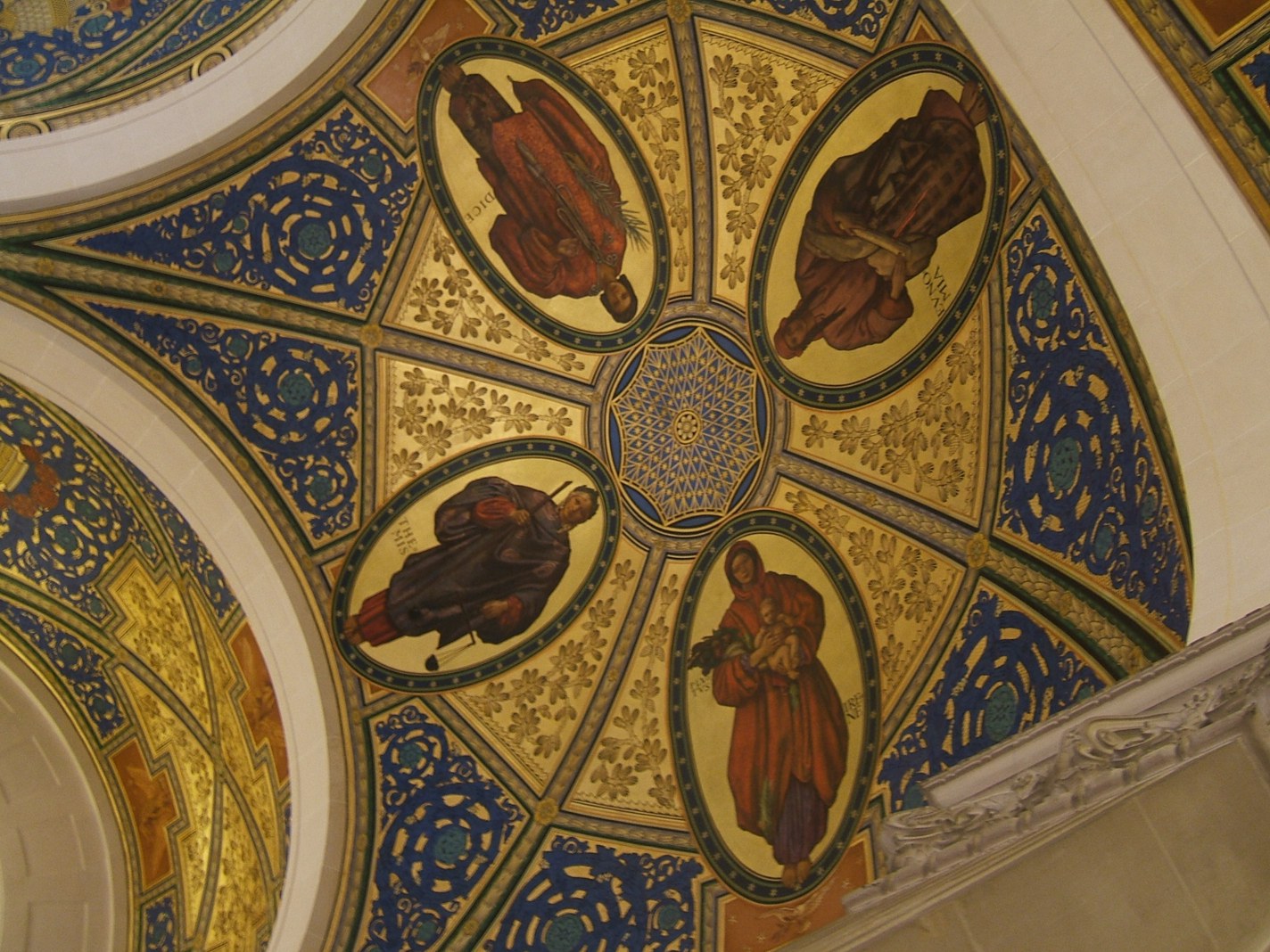Eunomia Asteroids on:
[Wikipedia]
[Google]
[Amazon]
 In
In
''The Dictionary of Classical Mythology''
Wiley-Blackwell, 1996,
"Horae" p. 217
* Smith, William; ''
"Horae"
{{Greek-deity-stub Justice goddesses Justice deities Greek goddesses Children of Zeus Personifications in Greek mythology Eunomia asteroids Horae Spring deities
 In
In Greek mythology
Greek mythology is the body of myths originally told by the Ancient Greece, ancient Greeks, and a genre of ancient Greek folklore, today absorbed alongside Roman mythology into the broader designation of classical mythology. These stories conc ...
, Eunomia () was a minor but important goddess of law and legislation and her name can be translated as "good order", "governance according to good laws", as well as the spring-time goddess of green pastures (''eû'' means "well, good" in Greek, and νόμος, ''nómos'', means "law", while pasturelands are called ''nomia''). She is by most accounts the daughter of Themis
In Greek mythology and religion, Themis (; ) is the goddess and personification of justice, divine order, law, and custom. She is one of the twelve Titan children of Gaia and Uranus, and the second wife of Zeus. She is associated with oracles a ...
and Zeus
Zeus (, ) is the chief deity of the List of Greek deities, Greek pantheon. He is a sky father, sky and thunder god in ancient Greek religion and Greek mythology, mythology, who rules as king of the gods on Mount Olympus.
Zeus is the child ...
. Her opposite number was Dysnomia (Lawlessness).
Horae
Eunomia was the goddess of law and legislation and one of the Second Generation of theHorae
In Greek mythology, the Horae (), Horai () or Hours (, ) were the goddesses of the seasons and the natural portions of time.
Etymology
The term ''hora'' comes from the Proto-Indo-European ("year").
Function
The Horae were originally the ...
along with her sisters Dikē and Eirene. The Horae were law and order goddesses who maintained the stability of society, and were worshipped primarily in the cities of Athens
Athens ( ) is the Capital city, capital and List of cities and towns in Greece, largest city of Greece. A significant coastal urban area in the Mediterranean, Athens is also the capital of the Attica (region), Attica region and is the southe ...
, Argos and Olympia. From Pindar
Pindar (; ; ; ) was an Greek lyric, Ancient Greek lyric poet from Thebes, Greece, Thebes. Of the Western canon, canonical nine lyric poets of ancient Greece, his work is the best preserved. Quintilian wrote, "Of the nine lyric poets, Pindar i ...
:
''Eunomia'' and that unsullied fountain '' Dikē'', her sister, sure support of cities; and '' Eirene'' of the same kin, who are the stewards of wealth for humanity—three glorious daughters of wise-counselled Themis.Eunomia's name, together with that of her sisters, formed aPindar Pindar (; ; ; ) was an Greek lyric, Ancient Greek lyric poet from Thebes, Greece, Thebes. Of the Western canon, canonical nine lyric poets of ancient Greece, his work is the best preserved. Quintilian wrote, "Of the nine lyric poets, Pindar i ..., Thirteenth Olympian Ode 6 ff (Conway, tr.).
Hendiatris
Hendiatris ( ; ) is a figure of speech used for emphasis, in which three words are used to express one idea. The phrases "sun, sea and sand", and " wine, women and song" are examples.
A tripartite motto is the conventional English term for a mot ...
''Good Order, Justice, and Peace''.
She was frequently depicted in Athenian
Athens ( ) is the Capital city, capital and List of cities and towns in Greece, largest city of Greece. A significant coastal urban area in the Mediterranean, Athens is also the capital of the Attica (region), Attica region and is the southe ...
vase painting amongst the companions of Aphrodite
Aphrodite (, ) is an Greek mythology, ancient Greek goddess associated with love, lust, beauty, pleasure, passion, procreation, and as her syncretism, syncretised Roman counterpart , desire, Sexual intercourse, sex, fertility, prosperity, and ...
, and in this sense represented the lawful or obedient behavior of women in marriage. As such she was identified with Eurynome
Eurynomê (; Ancient Greek: Εὐρυνόμη, from , ''eurys'', "broad" and , ''nomos'', "pasture" or "law") is a name that refers to the following characters in Greek mythology:
* Eurynome, pre-Olympian queen and wife of Ophion
* Eurynome (Oce ...
, mother of the Charites
In Greek mythology, the Charites (; ), singular Charis (), also called the Graces, are goddesses who personify beauty and grace. According to Hesiod, the Charites were Aglaia (Grace), Aglaea, Euphrosyne, and Thalia (Grace), Thalia, who were the ...
( Graces).
Legacy
TheEunomia family The Eunomia or Eunomian family () is a large asteroid family of S-type asteroids named after the asteroid 15 Eunomia. It is the most prominent family in the intermediate asteroid belt and the 6th-largest family with nearly six thousand known member ...
of asteroid
An asteroid is a minor planet—an object larger than a meteoroid that is neither a planet nor an identified comet—that orbits within the Solar System#Inner Solar System, inner Solar System or is co-orbital with Jupiter (Trojan asteroids). As ...
s are named after her.
Notes
References
* Grimal, Pierre''The Dictionary of Classical Mythology''
Wiley-Blackwell, 1996,
"Horae" p. 217
* Smith, William; ''
Dictionary of Greek and Roman Biography and Mythology
The ''Dictionary of Greek and Roman Biography and Mythology'' is a biographical dictionary of classical antiquity, edited by William Smith (lexicographer), William Smith and originally published in London by John Taylor (English publisher), Tayl ...
'', London (1873)"Horae"
{{Greek-deity-stub Justice goddesses Justice deities Greek goddesses Children of Zeus Personifications in Greek mythology Eunomia asteroids Horae Spring deities